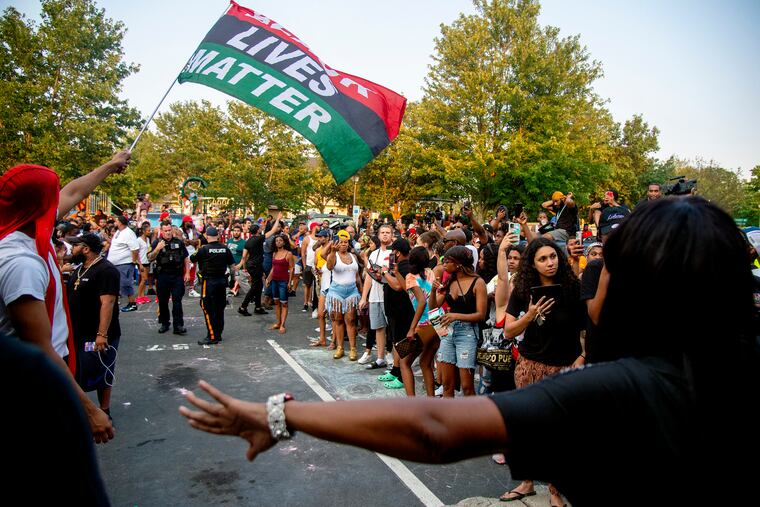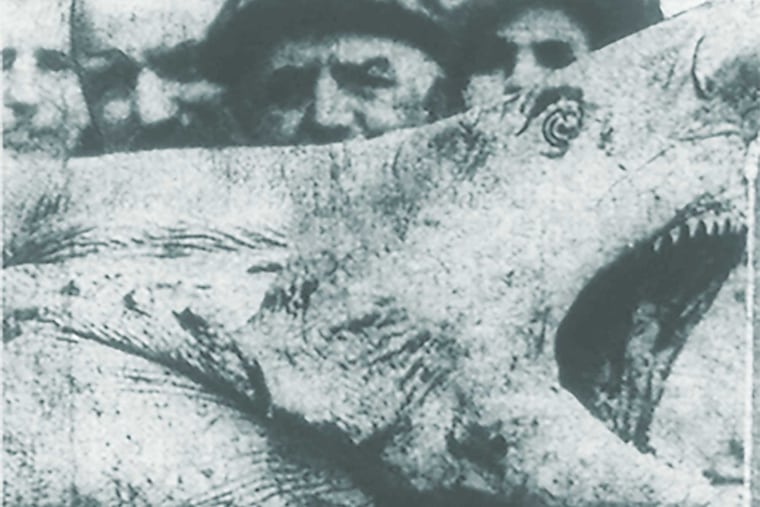Mount Laurel police possibly violated state discrimination law against Black residents in Edward Mathews case, according to New Jersey investigators.
New Jersey Attorney General Matthew Platkin announced on Wednesday that investigators have found substantial evidence indicating that the Mount Laurel Township police may have violated state discrimination laws in their handling of complaints from Black residents concerning Edward Mathews, a case that gained national attention in 2021. The Attorney General’s findings, which established “probable cause,” now pave the way for potential negotiations between state officials and Mount Laurel Township to reach a voluntary resolution. Should these negotiations prove unsuccessful, the Division of Civil Rights will proceed to appoint a prosecutor to the case.
Councilman Stephen Steglik of Mount Laurel confirmed that the township officials had been informed of the findings and indicated that they would discuss the situation with legal counsel provided by the Burlington County Joint Insurance Fund. He refrained from offering any additional comments.
In late 2023, Mathews pleaded guilty to four counts of bias intimidation and a drug-related charge, ultimately receiving an eight-year prison sentence. The incidents that led to these charges involved Mathews systematically harassing his neighbors in the Essex Place condominium complex. Reports indicated that he directed racially charged verbal assaults at Black residents, engaged in vandalism, and utilized aggressive tactics, such as shooting BB pellets at cars.
Prosecutors noted that Mathews’s pattern of intimidation had been ongoing since 2020, with numerous complaints made to law enforcement. However, it was not until a viral video surfaced, capturing Mathews verbally attacking a resident, that police action was taken against him. Following the video’s release, protests erupted outside Mathews’s residence, which culminated in his arrest.
Steglik, who was serving as the township’s mayor during these events, reported experiencing threats from Mathews, reinforcing the claims regarding the severity of his harassment. Investigators concluded that the Mount Laurel Police Department may have inadequately responded to the complaints from Black residents, violating the New Jersey Law Against Discrimination, which prohibits race-based discrimination.
Attorney General Platkin emphasized the alarming nature of these incidents, stating that bias-related actions disrupt community cohesion and public safety. He noted the necessity for law enforcement agencies to take appropriate actions against race-based harassment, expressing concern that the Mount Laurel Police Department failed to act decisively in the face of repeated complaints.
The investigation was initiated after two Black residents filed formal complaints alleging discriminatory treatment by the Mount Laurel police. Findings revealed that police received approximately 40 reports from residents of color detailing Mathews’s harassment, including racial slurs and vandalism, which led some residents to relocate out of fear.
Interviews conducted by state investigators included insights from former police chief officials and representatives of the homeowners’ association; concerns were raised about a prevailing reluctance among officers to engage with Mathews due to fears of exacerbating the situation. Furthermore, the investigation indicated that certain officers dismissed the notion of racial bias in Mathews’s behavior despite consistent reports from the community.
An earlier report by the Burlington County Prosecutor’s Office cleared the police department of wrongdoing, though it criticized the department’s lack of a comprehensive approach to Mathews’s harassment—a failure that ultimately allowed his conduct to escalate unchecked.
As this case evolves, community leaders express hope that the developments will catalyze necessary changes in law enforcement practices and enhance the protection of residents from racially motivated harassment. Media News Source reports that this case remains a critical focal point in the discourse surrounding police accountability and community relations in New Jersey.







